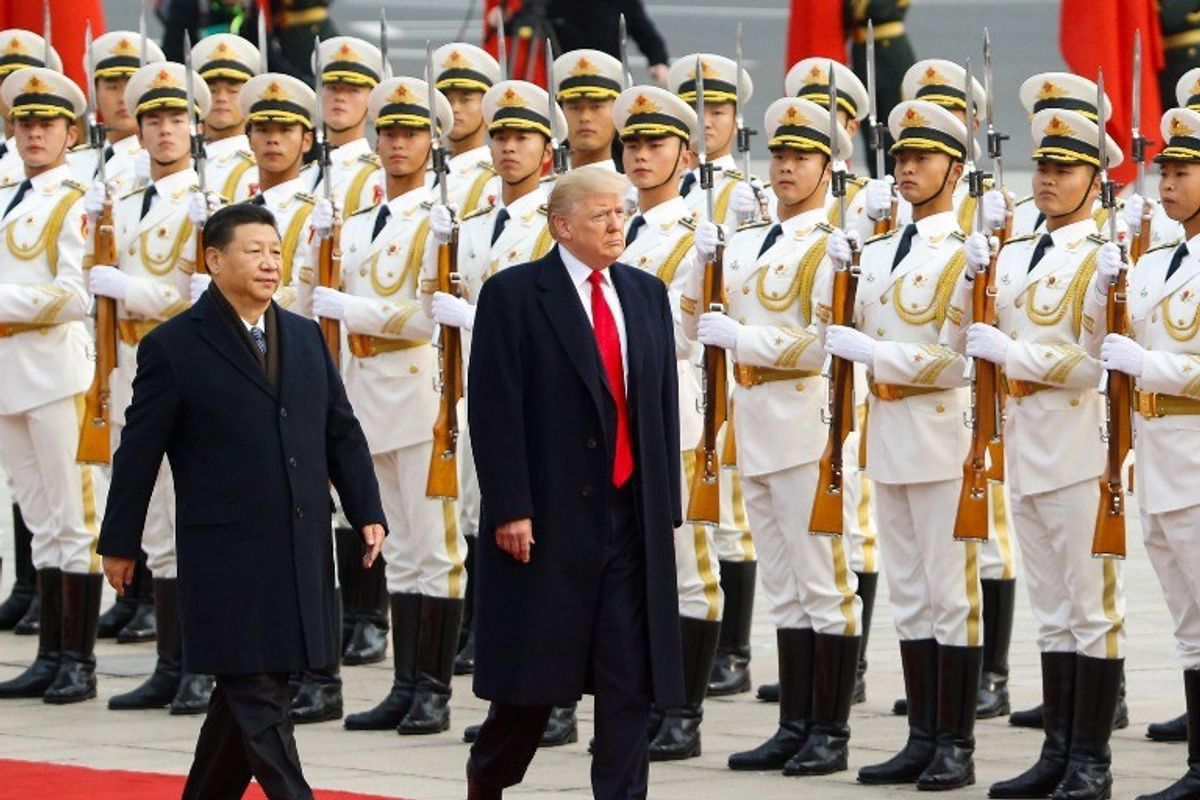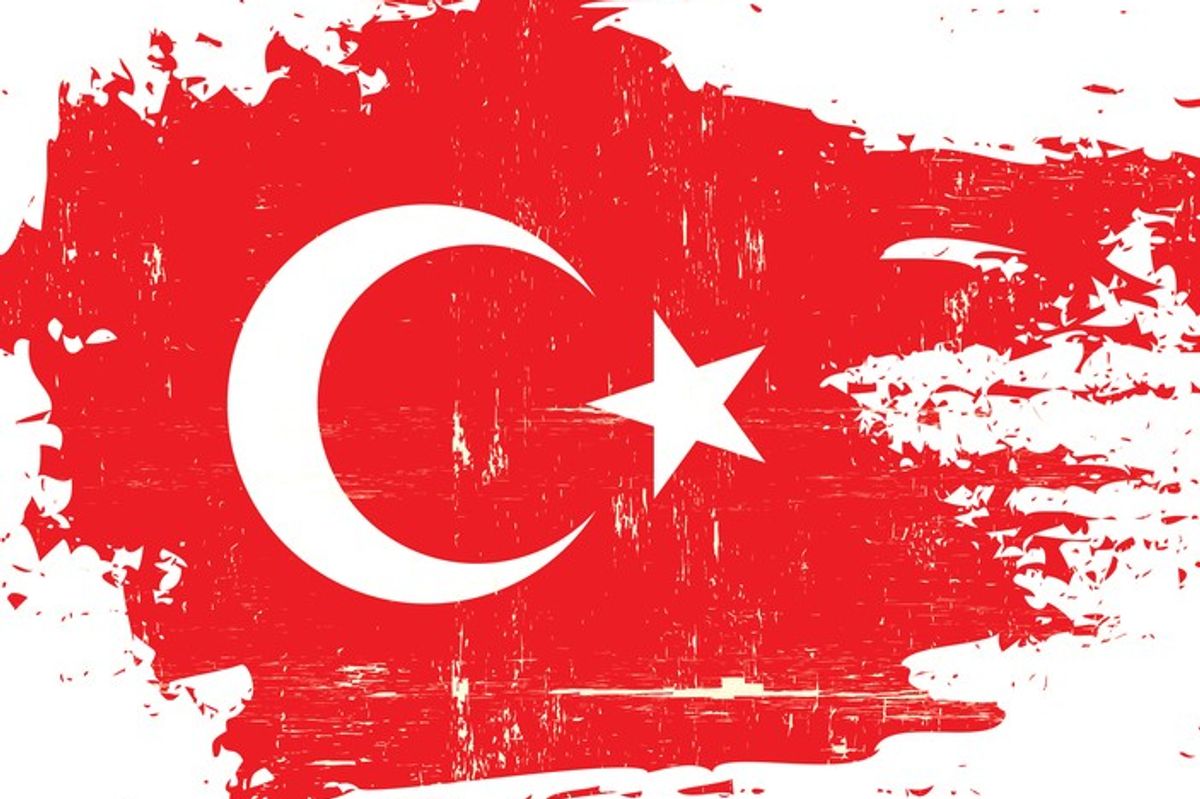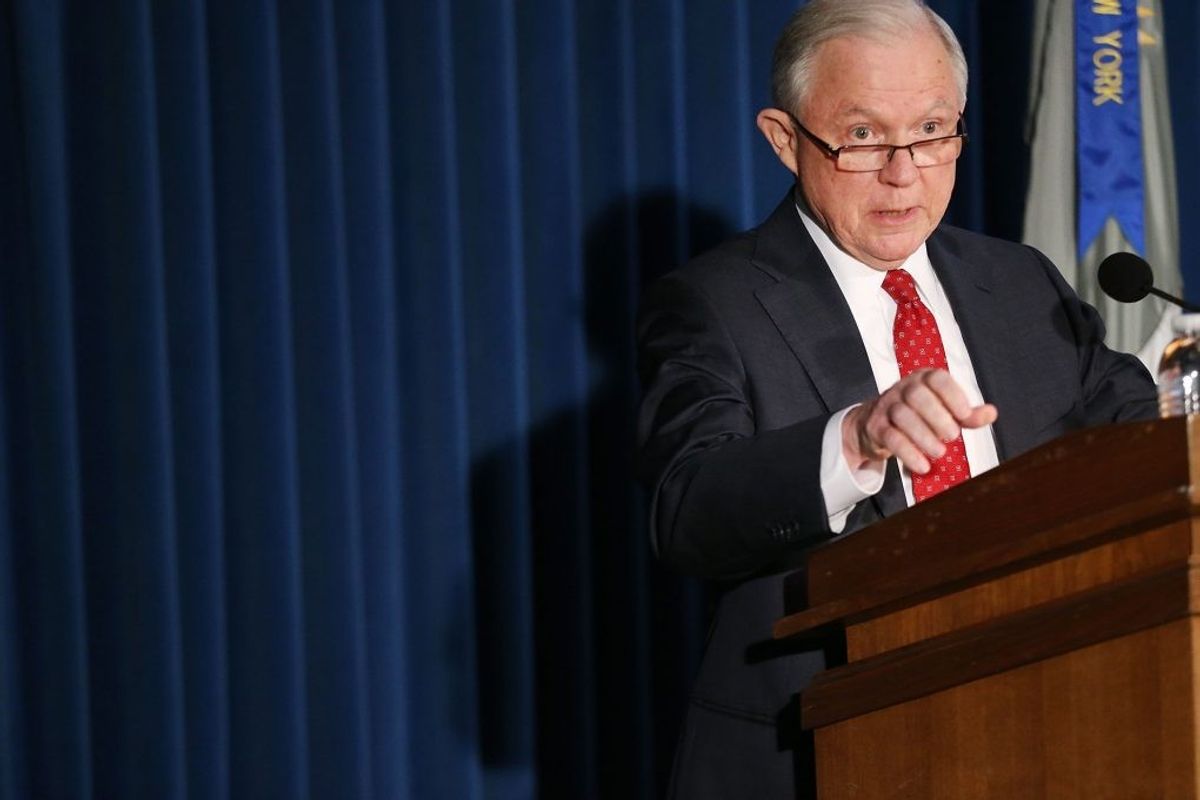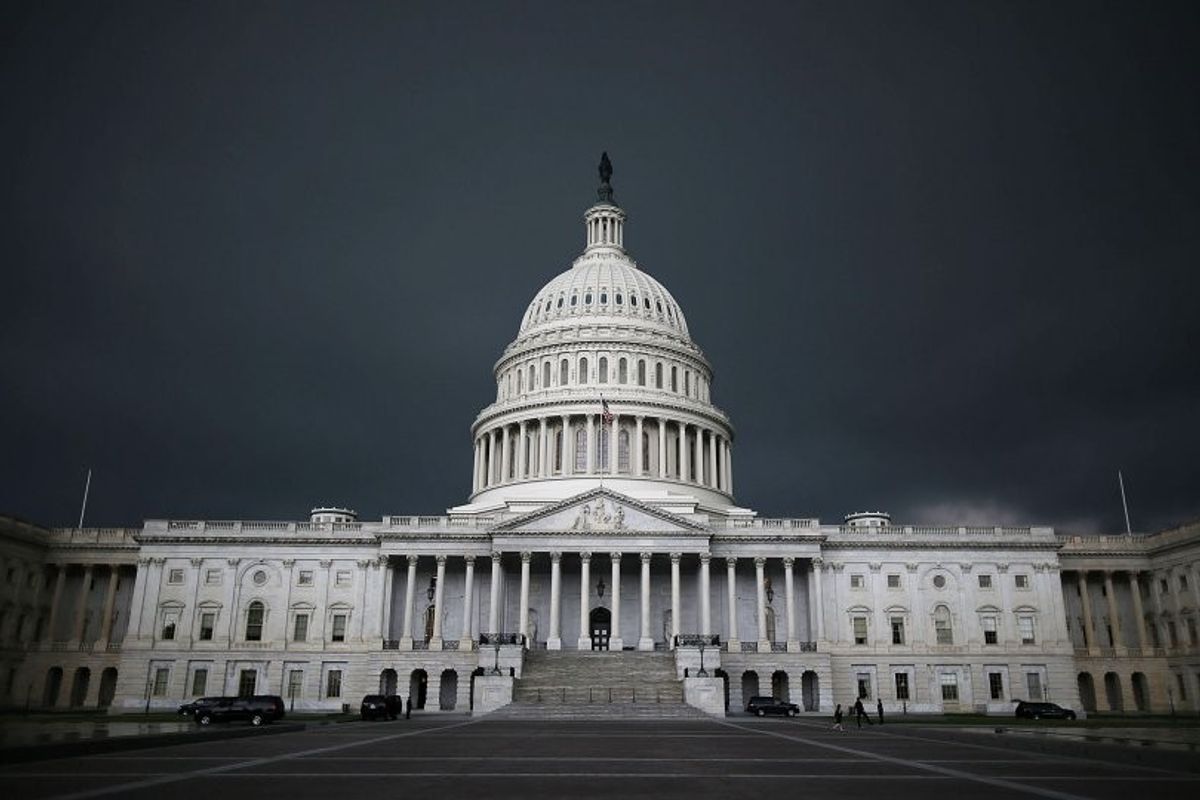The new U.S. ambassador to Russia will go to Moscow at a grim time for U.S.-Russia relations, but his biggest challenge won’t come from the Kremlin — Washington will be the source of Jon Huntsman’s headaches.
The new ambassador, confirmed by the Senate Thursday, faces a difficult balancing act between President Donald Trump’s push to improve relations with Russia and the Kremlin’s aggressive policies in Syria, Ukraine and continuing attempts to influence European elections.
He will have to be ready for an ambassadorship that will be largely driven by swiftly moving events — from news trickling out about investigations into Russian interference in the 2016 election to potential retaliation from Moscow if U.S. authorities demand Russian state-run media outlets register under the Foreign Agents Registration Act.
“That’s the kind of thing Russians are going to be immediately be aggressive about and try to hit back on us,” John Sipher, a former CIA officer in the National Clandestine Service, said. “They’re obsessed with reciprocity, so anything we do, we’re going to immediately be hit — see the tit-for-tat expulsions, for instance. But those are things you can work at over time.”
In trying to handle these challenges, Huntsman may get garbled input from the White House, which is swatting back at a scandal over links to Russia between Trump’s family, advisors, and campaign.
“What kind of guidance, what kind of policy, is he going to get from the administration? There’s always a critical channel from the ambassador and the national security team as to how to implement policy, and I don’t think we have a real clear Russia policy from this administration,” said Steven Hall, a Cipher Brief expert and former senior CIA officer whose career focused on intelligence operations in the former Soviet Union.
“It’s tough to have your primary job be implementing the administration’s policy and you don’t necessarily have clear marching orders on that,” Hall added.
Huntsman has already defined his position as contrary to Trump’s line on Russian interference. The U.S. intelligence community says President Vladimir Putin ordered a disinformation and hacking campaign to boost Trump’s chances in the 2016 campaign. Trump has repeatedly questioned the assessment.
Huntsman told senators at his confirmation hearing “there is no question that the Russian government interfered in the U.S. election last year.” Moscow denies any interference.
Hall noted that these investigations will probably serve as a “running subtext that’s going to be an irritant to relations.”
The Russians are “some of the best practitioners of rubbing salt in the wound,” Hall said, and officials will not miss an opportunity during conversations on significant policy issues to call into question the assessment and claim the investigations stem only from “Russophobia.”
Although Huntsman lacks Russian experience and language skills, he does come on board with a distinct advantage. He served as U.S. ambassador to China from 2009 to 2011 and as U.S. ambassador to Singapore under President George H.W. Bush, and will find his time in Beijing especially useful in Moscow.
“Fortunately, Huntsman has really good experience with regard to other authoritarian regimes like the one in China — that’ll come in handy,” Hall said.
Given Huntsman’s previous roles, he is “going in with a lot of credibility on the U.S. government side,” Sipher said.
“Because Huntsman is not a Russia expert and does not speak Russian, he’ll give himself plenty of time to slowly develop relationships,” Sipher predicted. “You’ll find him being quite quiet and working behind the scenes, and I think the Russians will appreciate that and the Trump administration will appreciate it.”
Beyond an understanding of working with an authoritarian regime, Huntsman will also bring his knowledge of key Chinese issues — from trade to cyber — to his work in Russia.
William Courtney, an adjunct senior fellow at the nonpartisan RAND Corporation and a retired U.S. ambassador to Georgia and Kazakhstan, said the area of Chinese-Russian relations is one “where Huntsman can make a real difference.”
In recent years, Russia has defined itself more as a Eurasian country, and not a European one, particularly following the invasion of Ukraine and subsequent Western sanctions.
“This has accelerated the Kremlin’s policy of looking eastward,” Courtney said.
Huntsman’s experience on the ground in China will allow him to relay to Washington what matters in an increasingly important Chinese-Russian relationship, Courtney noted.
But policy challenges are not all that await Huntsman.
In Moscow, the new ambassador also faces a staff shortage given the significant cuts to embassy personnel following Putin’s order that Washington slash its embassy staff to 455 people in retaliation for the wave of new sanctions the U.S. Congress passed earlier this year.
The cuts — which hit local Russian staff who provide support services such as driving and maintenance particularly hard — have affected the daily running of the embassy, as well as diplomatic functions such as visa processing.
While the administrative challenge of running a depleted embassy will be less of a problem for policy implementation, it will eat up much of the ambassador’s time, experts noted. This will likely “pull energy and attention away from much of the policy” questions that demand Huntsman’s time, Hall said.
Courtney said managing the embassy will be Huntsman’s “first immediate priority.” Sipher agreed, saying that “he’s going to see as his number one thing to try to bully the spirits of the people in the embassy and try to slowly build it back up.”
Mackenzie Weinger is a national security reporter at The Cipher Brief. Follow her on Twitter @mweinger.











